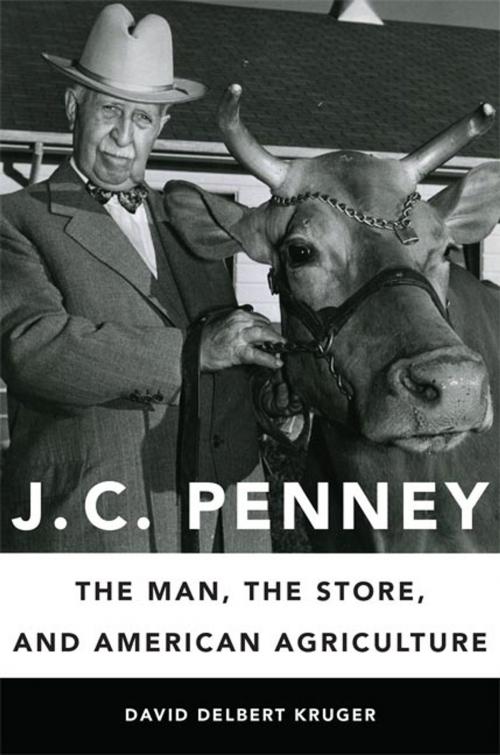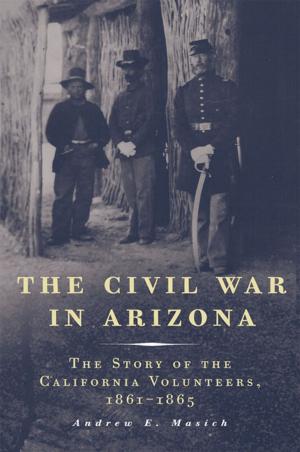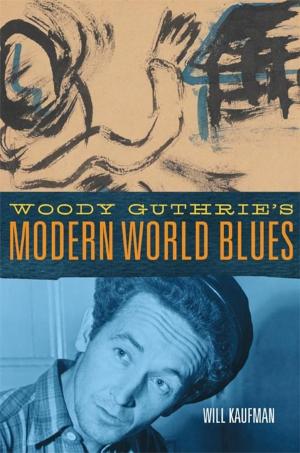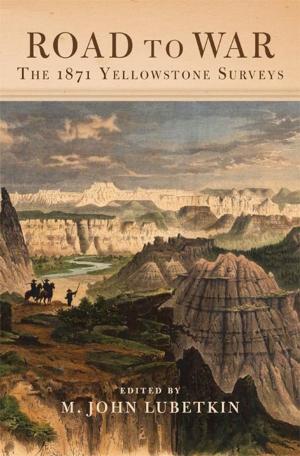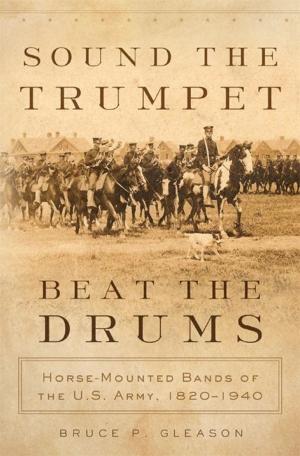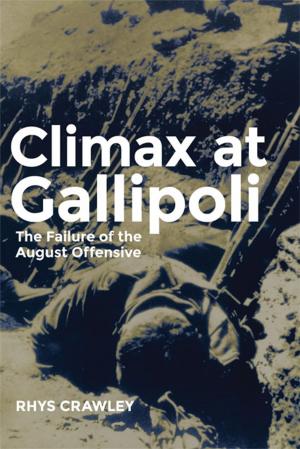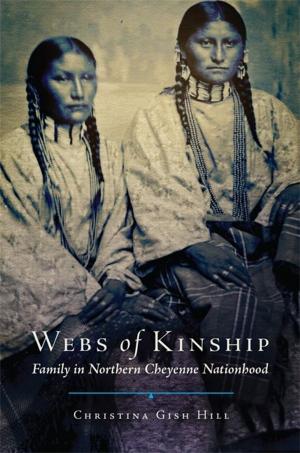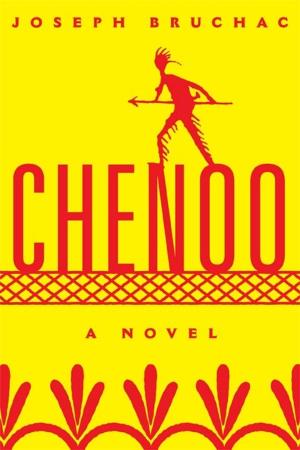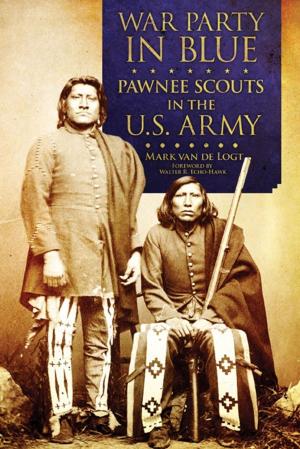J. C. Penney
The Man, the Store, and American Agriculture
Biography & Memoir, Business, Business & Finance, Career Planning & Job Hunting, Entrepreneurship, Entrepreneurship & Small Business| Author: | David Delbert Kruger | ISBN: | 9780806158419 |
| Publisher: | University of Oklahoma Press | Publication: | May 18, 2017 |
| Imprint: | University of Oklahoma Press | Language: | English |
| Author: | David Delbert Kruger |
| ISBN: | 9780806158419 |
| Publisher: | University of Oklahoma Press |
| Publication: | May 18, 2017 |
| Imprint: | University of Oklahoma Press |
| Language: | English |
What is now called JCPenney, a fixture of suburban shopping malls, started out as a small-town Main Street store that fused its founder’s interests in agriculture, retail business, religion, and philanthropy. This book—at once a biography of Missouri farm boy–turned–business icon James Cash Penney and the story of the company he started in 1902—brings to light the little-known agrarian roots of an American department store chain. David Delbert Kruger explores how the company, its stores, and their famous founder shaped rural America throughout the twentieth century.
“Most of our stores,” Penney explained in 1931, “are located in agricultural regions where the tide of merchandising rises and falls with the prosperity of the farmers.” Despite the growth of cities in the early twentieth century, Penney maintained his stores’ commitment to serving the needs of farmers and small-town folk. Tracing this dedication to Penney’s rural upbringing, Kruger describes how, from one store in the sheep-ranching and mining town of Kemmerer, Wyoming, J. C. Penney Co. became a familiar chain on Main Street, USA, purveying value, providing good jobs, and marking rites of passage in many an American childhood.
Kruger paints a biographical and historical picture of an American business mogul distinctly different from comparable capitalists such as Andrew Carnegie, Henry Ford, or Sam Walton. Despite his chain’s corporate structure, Penney imbued each store with a Golden Rule philosophy that demanded mutual respect between customers, employees, competitors, suppliers, and communities. By tracing that spirit to its agrarian source, and following it through the twentieth century, J. C. Penney: The Man, the Store, and American Agriculture provides a new perspective on this American cultural institution—and on its founder’s unique brand of American capitalism.
What is now called JCPenney, a fixture of suburban shopping malls, started out as a small-town Main Street store that fused its founder’s interests in agriculture, retail business, religion, and philanthropy. This book—at once a biography of Missouri farm boy–turned–business icon James Cash Penney and the story of the company he started in 1902—brings to light the little-known agrarian roots of an American department store chain. David Delbert Kruger explores how the company, its stores, and their famous founder shaped rural America throughout the twentieth century.
“Most of our stores,” Penney explained in 1931, “are located in agricultural regions where the tide of merchandising rises and falls with the prosperity of the farmers.” Despite the growth of cities in the early twentieth century, Penney maintained his stores’ commitment to serving the needs of farmers and small-town folk. Tracing this dedication to Penney’s rural upbringing, Kruger describes how, from one store in the sheep-ranching and mining town of Kemmerer, Wyoming, J. C. Penney Co. became a familiar chain on Main Street, USA, purveying value, providing good jobs, and marking rites of passage in many an American childhood.
Kruger paints a biographical and historical picture of an American business mogul distinctly different from comparable capitalists such as Andrew Carnegie, Henry Ford, or Sam Walton. Despite his chain’s corporate structure, Penney imbued each store with a Golden Rule philosophy that demanded mutual respect between customers, employees, competitors, suppliers, and communities. By tracing that spirit to its agrarian source, and following it through the twentieth century, J. C. Penney: The Man, the Store, and American Agriculture provides a new perspective on this American cultural institution—and on its founder’s unique brand of American capitalism.
